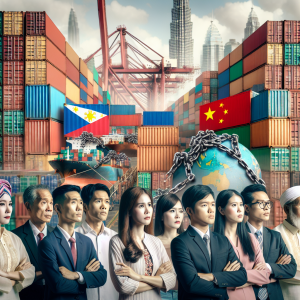Singapore’s Employment Act, a cornerstone of the nation’s labor laws, is poised for a significant review that may introduce changes to leave entitlements and enhance worker protection, according to observers. This potential overhaul comes at a time when the workforce is increasingly advocating for improved rights and benefits, reflecting the evolving dynamics of the labor market.
The Employment Act currently outlines the rights and obligations of both employers and employees, covering essential aspects such as working hours, salary payments, and termination conditions. Notably, it also stipulates various leave entitlements, including annual leave, sick leave, and maternity leave. These provisions are critical for ensuring a balanced work-life dynamic, allowing employees to take necessary time off without the fear of losing income. As Singapore’s economy continues to develop, the need for more comprehensive leave options, such as paternity leave and caregiving leave, has gained traction among workers and advocacy groups.
In addition to leave entitlements, the review may focus on enhancing worker protection measures. Currently, Singapore has established various safeguards against unfair treatment and discrimination, particularly for older workers facing age-related biases. Observers suggest that the upcoming review could further these protections, ensuring that all employees, regardless of age or background, have equal opportunities in the workplace. This aligns with the broader goal of fostering a fair and inclusive labor environment, which is essential for maintaining a motivated and productive workforce.
Moreover, the review of the Employment Act is expected to resonate with the overarching themes of fairness and equity that characterize Singapore’s economic landscape. The government’s commitment to transparency and integrity in both labor practices and financial markets has positioned Singapore as a leading financial hub in Asia. As the nation navigates its post-pandemic recovery, the enhancement of worker rights and protections will be pivotal in sustaining economic growth and ensuring the well-being of its workforce.
In conclusion, the anticipated review of Singapore’s Employment Act signifies a proactive approach to addressing contemporary labor issues. By considering changes to leave entitlements and worker protections, the government is likely to reinforce its commitment to creating a balanced and inclusive work environment, ultimately contributing to the nation’s economic resilience and competitiveness on the global stage.





